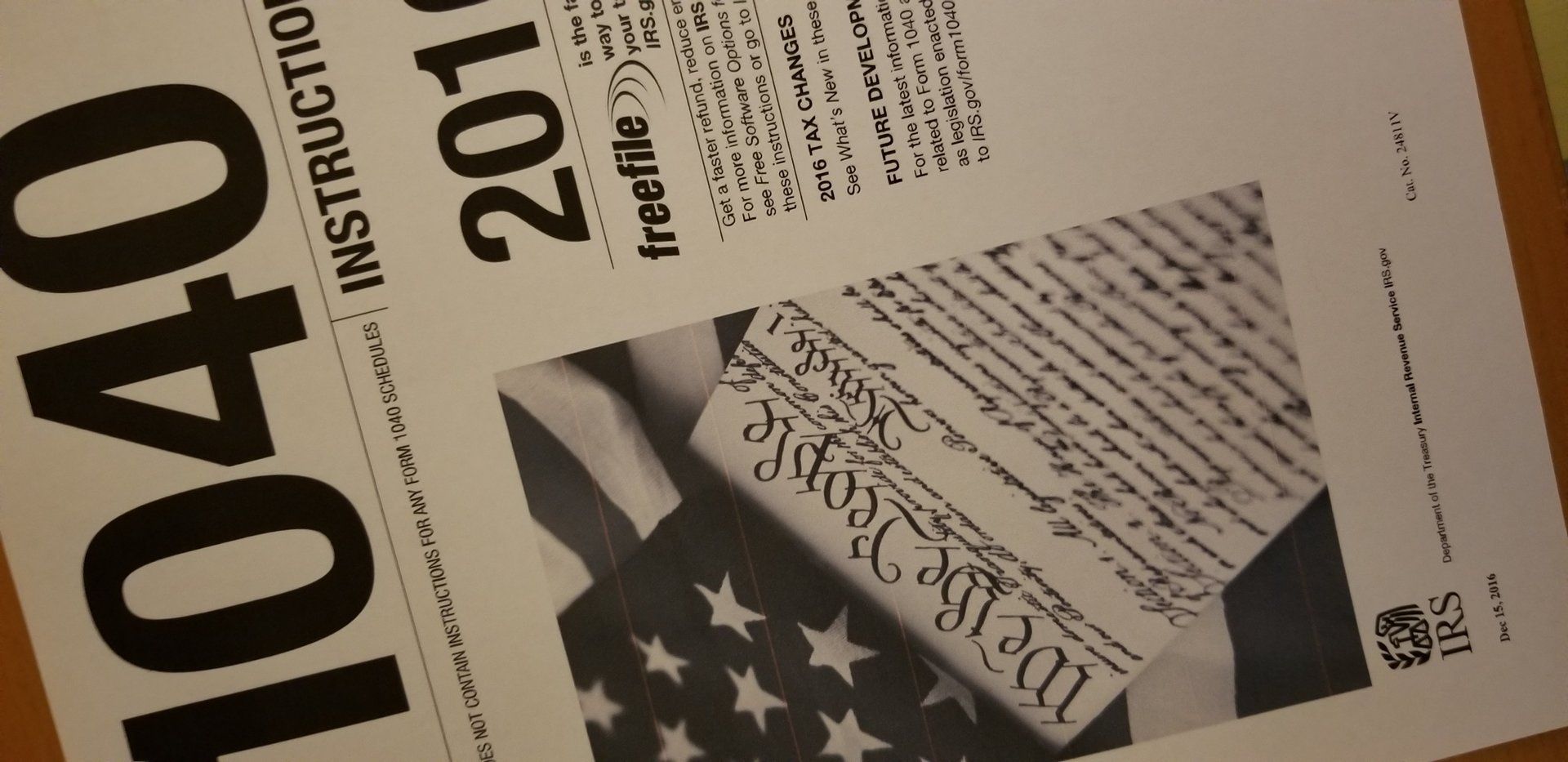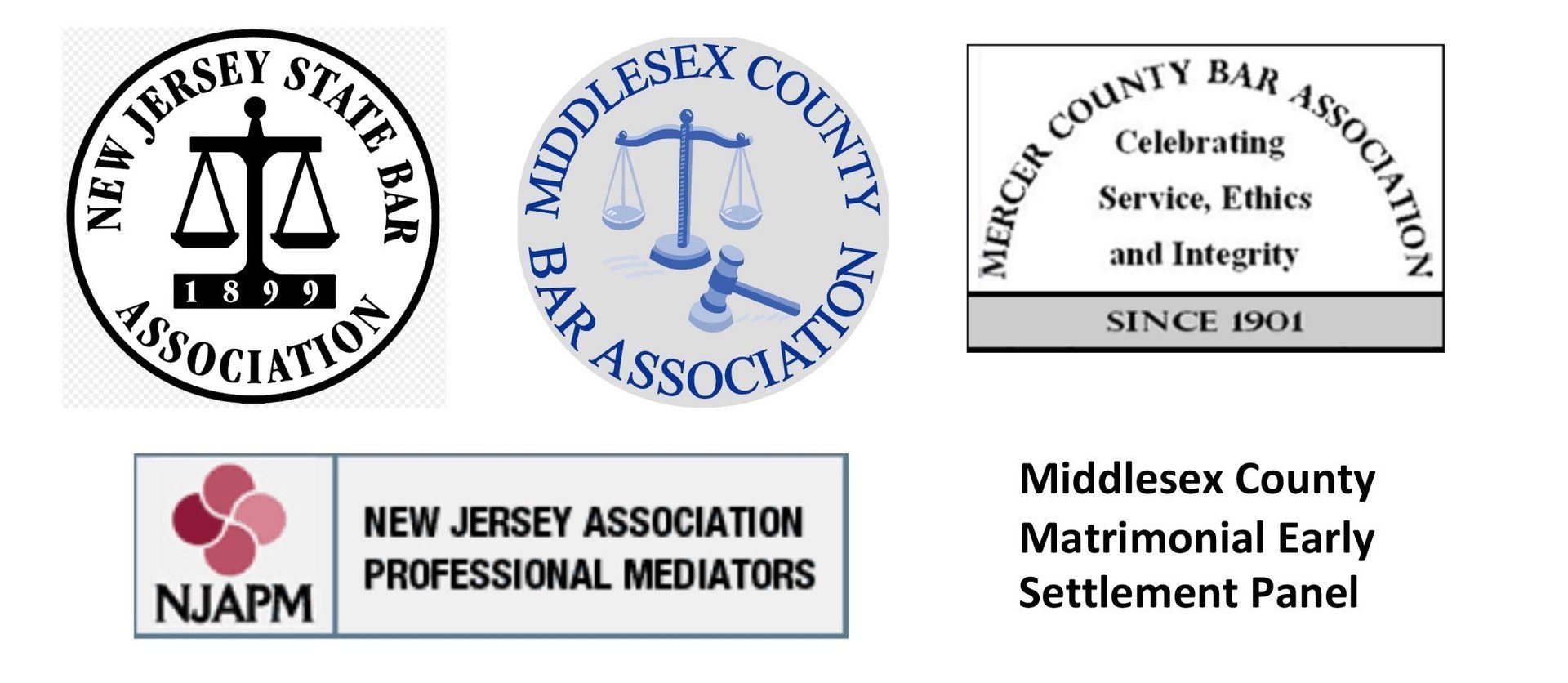What's in YOUR Marriage Contract?

Using a Pre-Nup to create the marriage you want.
How many of us can answer that with much certainty? In fact, marriage is the most major and significant legal contract that you are ever likely to enter into, without knowing the terms of the contract. Sure, if you’ve bought real estate, you may not have understood all the terms of the purchase contract, or all the terms of the mortgage you agreed to, in order to finance your purchase. But regardless of your level of understanding, the terms were all laid out on paper (though perhaps in tiny print and obscure legal language), where you could study and consider them. With any luck, you had an attorney helping you with the transaction; with any luck that attorney answered your questions and explained the things you did not understand. Ultimately, you could have decided not to buy the real estate, if you weren’t prepared to agree to the terms. The same goes for other commercial transactions; there was a document setting out the terms of the transaction, and you had to sign to signify that you understood and agreed to the terms.
Not so with marriage, where you are entering into a legal status and set of rights and obligations that you may not be aware of, and they are not spelled out for you, not even in tiny print and obscure legal language. Most likely you promised something in your marriage ceremony, whether in the traditional Anglo-American formulation, to love honor and cherish your spouse, in sickness and health, for richer or poorer, as long as you both shall live, or whether in your own words, or in the formulation of your cultural or religious tradition. A contract is defined as an agreed-upon exchange, where each party is giving something up (money, or the house, in the real estate example), and each party is gaining something. When you mutually promise to take care of each other, to care for each other no matter what, that in itself could form a contract, because each is giving the promise of future care, in exchange for the same from the other spouse. But if that was all that the marriage contract contained, our society would look very different than it does now, and a divorce would be a matter of proving the other person breached the contract, and awarding damages for that breach. In this day of no-fault divorce, only an allegation of irreconcilable differences is needed, and it is rare for fault to have any effect on the financial outcome of the divorce.
Here’s some of the main components of your marriage contract if you were married in the State of New Jersey, or even if you married elsewhere and then moved to New Jersey while married.
·A promise of mutual financial support.
·A right to share in the products (money, goods) of one another’s labor during the marriage.
·A right to open joint bank accounts.
·A right to file joint tax returns at the more favorable married rate.
·A right to inherit at least a third of your spouse’s property upon their death.
·A right to sue for your spouse’s wrongful death or for loss of their companionship and care (“loss of consortium”) if they are wrongfully killed or injured.
·An equal right to continue after divorce, as much as possible, the same lifestyle you had during the marriage.
·A duty to treat your spouse with respect (this is hard to measure or enforce, but the fact that fault-based grounds for divorce are still on the books, such as cruelty, abandonment, or adultery, show that failure in this obligation can lead to breach of the marriage contract).
·A fiduciary duty to your spouse – this is a higher duty of care and honesty than we are held to with other persons – we are not to defraud a spouse, to hide funds, waste marital assets (remember that includes everything earned by either of you).
·A duty to keep confidential communications private – neither spouse can be forced to testify against the other.
You can further define your marriage contract, including opting out of some of the provisions above, if you enter into a pre-nuptial agreement (pre-nup). This is an agreement between spouses that can include how they will treat their finances, what the support (alimony) provisions will be if they divorce, how pre-marital property will be treated, whether or not the spouse will take the statutory share of an inheritance if the other spouse dies, and other additional terms the spouses may desire. In New Jersey the agreement must be entered into before marriage in order to be valid – the promise to marry is part of the exchange that forms the basic contract.
Pre-nups are most common when one or both spouses has either
been married before, or has children prior to the relationship, or has
significant separate property before the relationship begins. However, you can
also use a pre-nup to define other terms of your relationship – set up a
structure for joint financial decision-making, for instance, discuss division
of household labor, or define ways to compensate a spouse who takes time out of
the workforce to raise children. Although it may be uncomfortable to discuss
the topic of a possible divorce, you will be going into a stronger marriage if
you are both clear in your expectations.
If you would like to talk about how to use a pre-nup to create the marriage you want, please give us a call at (609) 924-2044.
-C. Megan Oltman, Esq. 2/25/19
Please contact Oltman Law &
Mediation at (609) 924-2044, if we can help you with your family law,
elder, trusts and estates, or mediation needs in New Jersey.
Please note that blog posts do not constitute legal advice, but are intended for informational
purposes only. They cannot substitute for an
in-person consultation with a lawyer. Your use of this site does not create an attorney client relationship.










